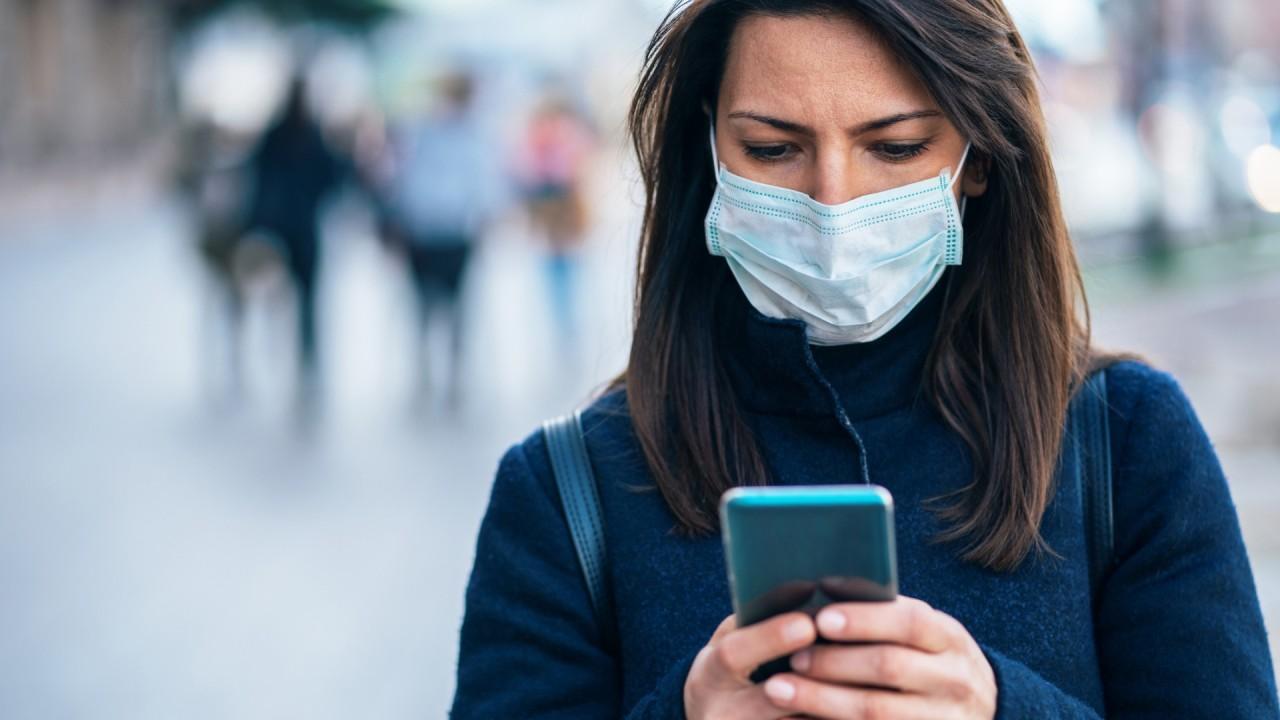Will coronavirus be the end of paper money?
Virus spreads fears of cash carrying germs
Get all the latest news on coronavirus and more delivered daily to your inbox. Sign up here.
Many people are wearing face masks, thoroughly washing their hands and wiping down delivered packages to avoid Ouchone possible source or germs most people don't think of is paper money.
But will the fear of contracting coronavirus put an end to the use of paper money? Max Levchin, co-founder of PayPal and founder and CEO of financial tech company Affirm, believes the answer is not yet.
"I don't if it's going to quite put the final nail in a coffin, but it's definitely going to push forward," Levchin told FOX Business' Liz Claman on Friday. "There's way too much that travels on a crumpled up dollar bill from viruses to illicit chemicals, so I think it's a good thing to get rid of paper money finally."
Experts say cash does carry a risk of transmitting the virus, but the risk from cash so far is small compared with other transmission routes. A scientific paper published early in the outbreak found the virus can live on cardboard for up to 24 hours and up to three days on plastic and stainless steel. The researchers, however, did not test whether it can live on banknote paper.
Regardless, Levchin was undeterred.
"Fundamentally, paper money is just terrible," Levchin asserted on FOX Business' "The Claman Countdown."
Story continues below graphic.
A growing number of businesses and individuals worldwide have stopped using banknotes in fear that physical currency, handled by tens of thousands of people over their useful life, could be a vector for the spreading coronavirus.
Delivery services like Grubhub, Door Dash, and others have instituted “no contact” deliveries, and have either stopped offering cash as a payment option or are actively discouraging it.
Other devices used to pay for items are just as likely to be vectors for disease transfer. Credit and debit cards are made of plastic and metal. ATMs are touched by hundreds of human hands a day. And there have been studies that show smartphones are heavily contaminated with bacteria because of their constant use.
Levchin listed multiple issues with paper money, including that it is preferred by fraudsters, money launderers and criminals.
"There's not really a whole lot of good things I can say about paper money," Levchin admitted.
While he understands it's a visual representation of wealth, Levchin believes it's "way past due that we stop using it and switch to contactless pay."
The presence of live virus particles on banknotes does not mean they are a health hazard, public health experts said. Virus particles are unlikely to return to the air, or aerosolize, once on a surface.
The Associated Press contributed to this report.





















